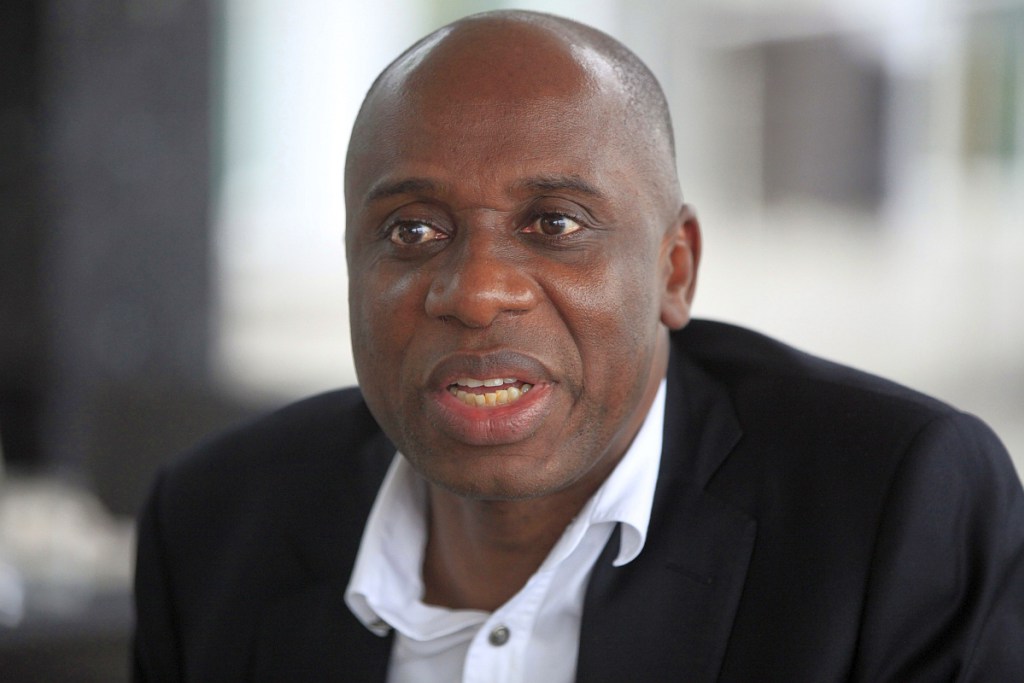
ABUJA — The Federal Government, yesterday, explained to the National Assembly why the lawmakers need to approve the $30 billion loan the country was seeking from China Exim Bank as the government plans to lay the foundation of Lagos-Ibadan and Lagos-Kano rail lines in the first quarter of this year.
Minister of Transport, Mr Chibuike Amaechi, during the 2017 budget defence organised by the Senate Committee on Land Transport in Abuja, appealed to the lawmakers that without their approval the government could not go the China to finalise the deal. Amaechi Of the $30 billion, Federal Government will take $25.8 billion and states would share $4.1 billion.
The minister said the final signing by the Chinese government for the project to commence could only come after the approval from the National Assembly.
He said: “That is our plan but very critical is that the National Assembly needs to give us approval for the Federal Government’s borrowing plan. “We cannot go to China to sign the loan agreement unless we get approval from the National Assembly and what is critical about this project is that too many Nigerians will be employed if we are able to complete these projects.
“It will do us good if the National Assembly can approve the loan because the $6.1 billion for the projects is part of it.” He said that the country was to bear 15 per cent of the cost of the project, while China would shoulder 85 per cent for the first phase rail that would eventually terminate in Kano.
He noted that all on-going projects which could not be completed in 2016 were consequently reintroduced into 2017 budget proposal.
Amaechi said: “The ministry is in the process of procuring additional locomotive and coaches to meet the rising demand of passenger traffic on the Abuja (Idu- Kaduna (Rigasa) rail line in 2016.” Speaking earlier, Chairman, Senate Committee on Land Transport, Senator Gbenga Ashafa, said the committee was carrying out its exercise in fulfilment of our constitutional responsibility to oversee the Ministry of Transport and its department and agencies involved in the land transport.
He, however, said the committee was not clear on why the Calabar to Lagos and Lagos to Kano railway modernisation projects were still pending.
END

Be the first to comment